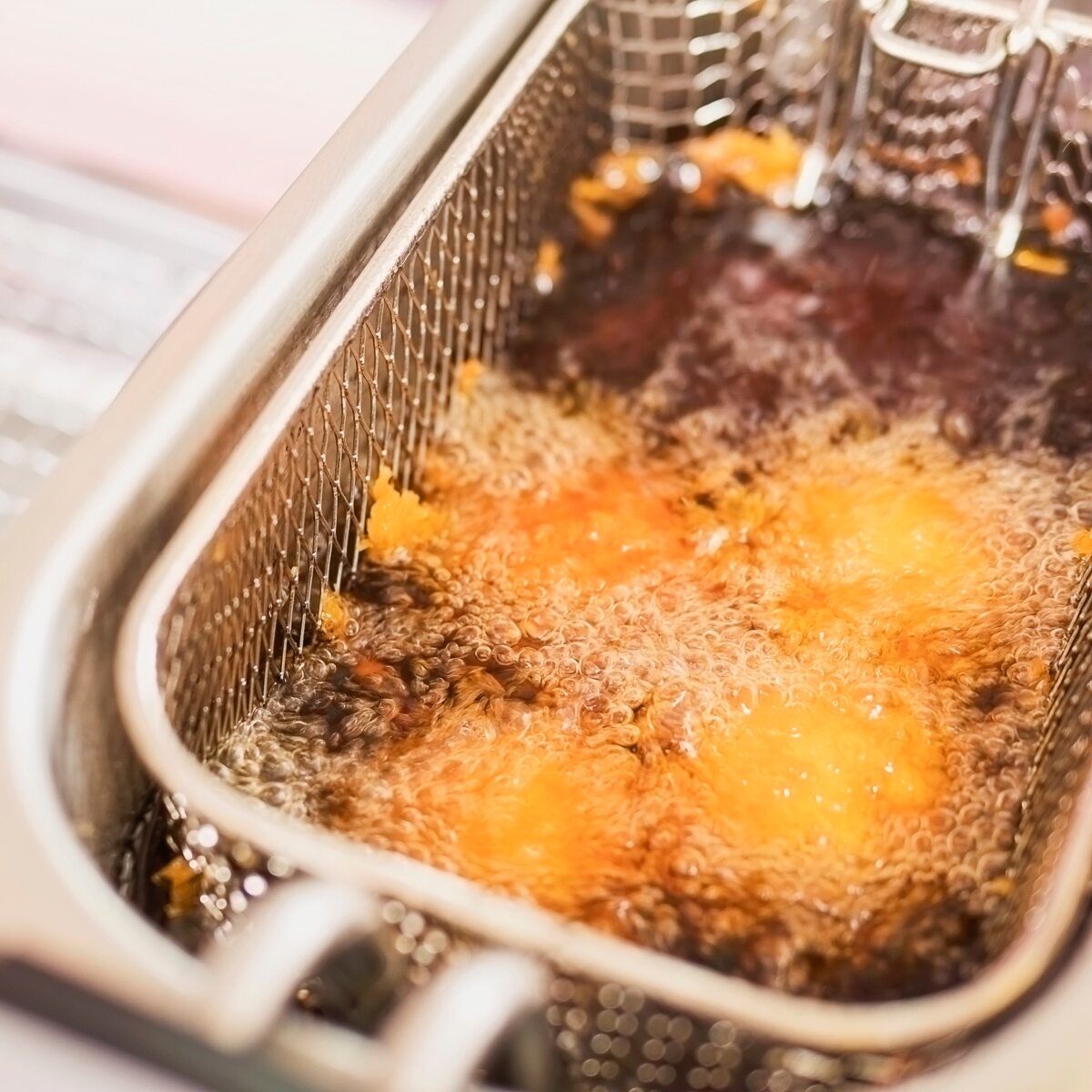
Air fryers and deep fryers have become staples in many kitchens, but which one reigns supreme? The air fryer vs deep fryer debate has been heating up as more people seek healthier cooking alternatives without sacrificing flavor.
The air fry method is celebrated for its versatility, allowing you to produce healthier versions of fried foods with less oil, making meal preparation and cleanup easier.
Whether you’re a health-conscious cook or a fried food enthusiast, understanding the pros and cons of each appliance can help you make the best choice for your exact needs.
Let’s dive into the sizzling world of air fryers and deep fryers to see how they stack up against each other. We’ll explore their cooking methods, health benefits, taste differences, and more to help you decide which fryer deserves a spot on your kitchen counter.
Jump to:
How Air Fryers Work
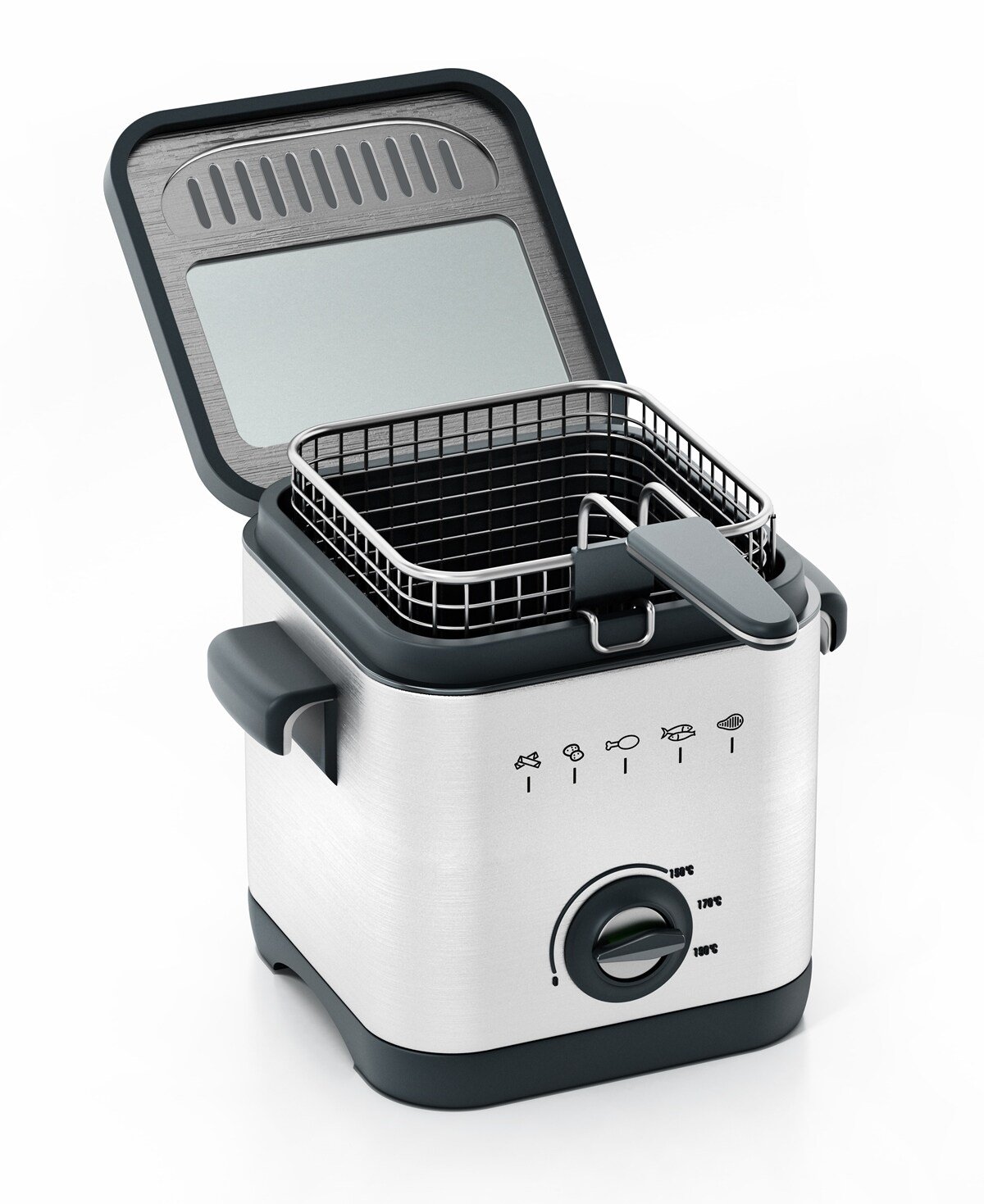
Air fryers have taken the cooking world by storm, promising crispy, delicious food with a fraction of the oil of traditional frying methods. But how exactly do these appliances work their low-fat magic?
An air fryer is essentially a compact convection oven. It uses a powerful fan to circulate hot air around your food at high speeds, creating a crispy exterior similar to deep-fried foods. The key difference? Air fryers require little to no oil to achieve that coveted crunch. This makes meal preparation and cleanup easier, while also producing healthier versions of fried foods.
Here’s a quick breakdown of the air frying process:
- You place your food in the fryer basket.
- The appliance heats up rapidly, usually to temperatures between 300°F and 400°F.
- A fan circulates the hot air around the food at high speed.
- This rapid air circulation cooks the food and creates a crispy exterior.
The result? Food that’s crispy on the outside and tender on the inside, much like deep-fried food, but with significantly less oil.
How Deep Fryers Work
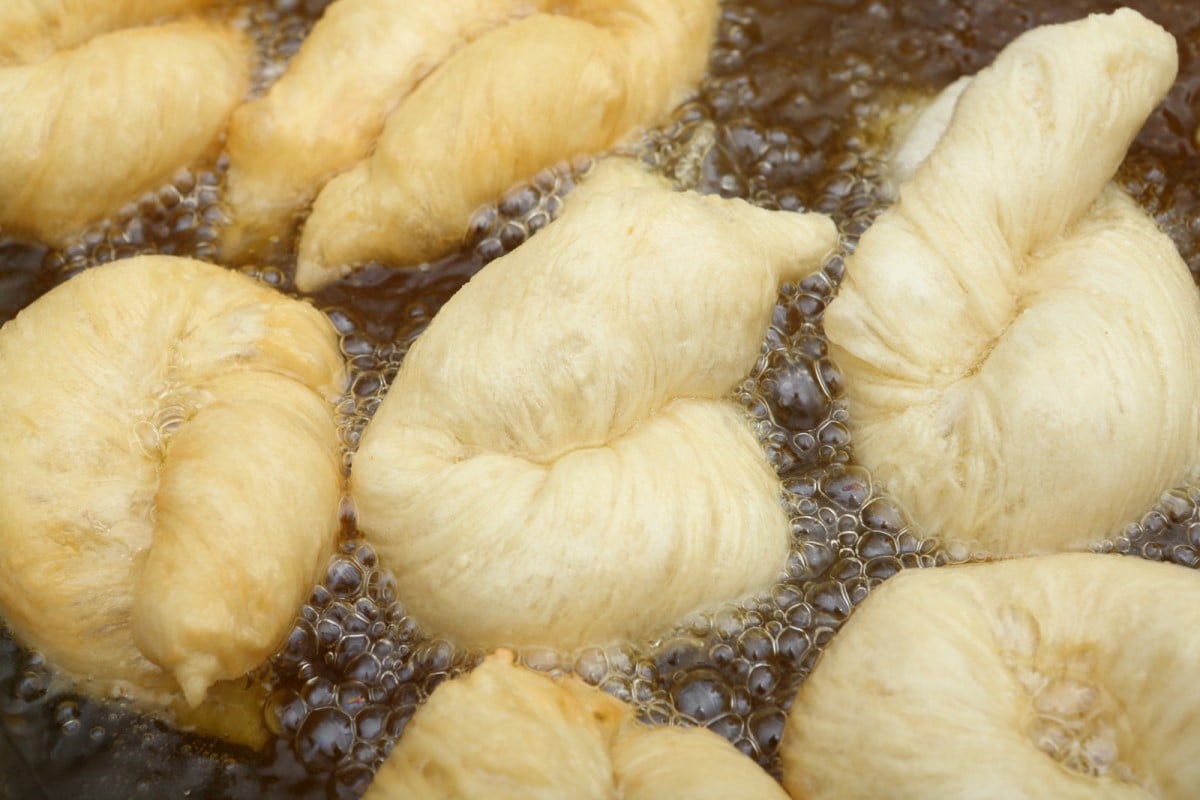
Deep fryers take a more traditional approach to achieving that irresistible crunch. These appliances have been a staple in commercial kitchens for decades and have found their way into many home kitchens as well. Deep fryers are specialized appliances designed solely for frying food in oil, providing a unique taste and texture.
The deep frying process involves submerging food completely in hot oil. Here’s how it works:
- You fill the fryer with oil (usually several cups or more).
- The oil is heated to high temperatures, typically between 350°F and 375°F.
- Food is placed in a basket and lowered into the hot oil.
- The food cooks quickly as the hot oil surrounds it entirely.
This method creates that classic crispy exterior and juicy interior that we all know and love in fried foods. However, it also means your food absorbs more oil during the cooking process.
See some tips here: When To Use Bake Setting on Air Fryer: Expert Tips and Recipes
Air Fryer vs Deep Fryer: A Head-to-Head Comparison
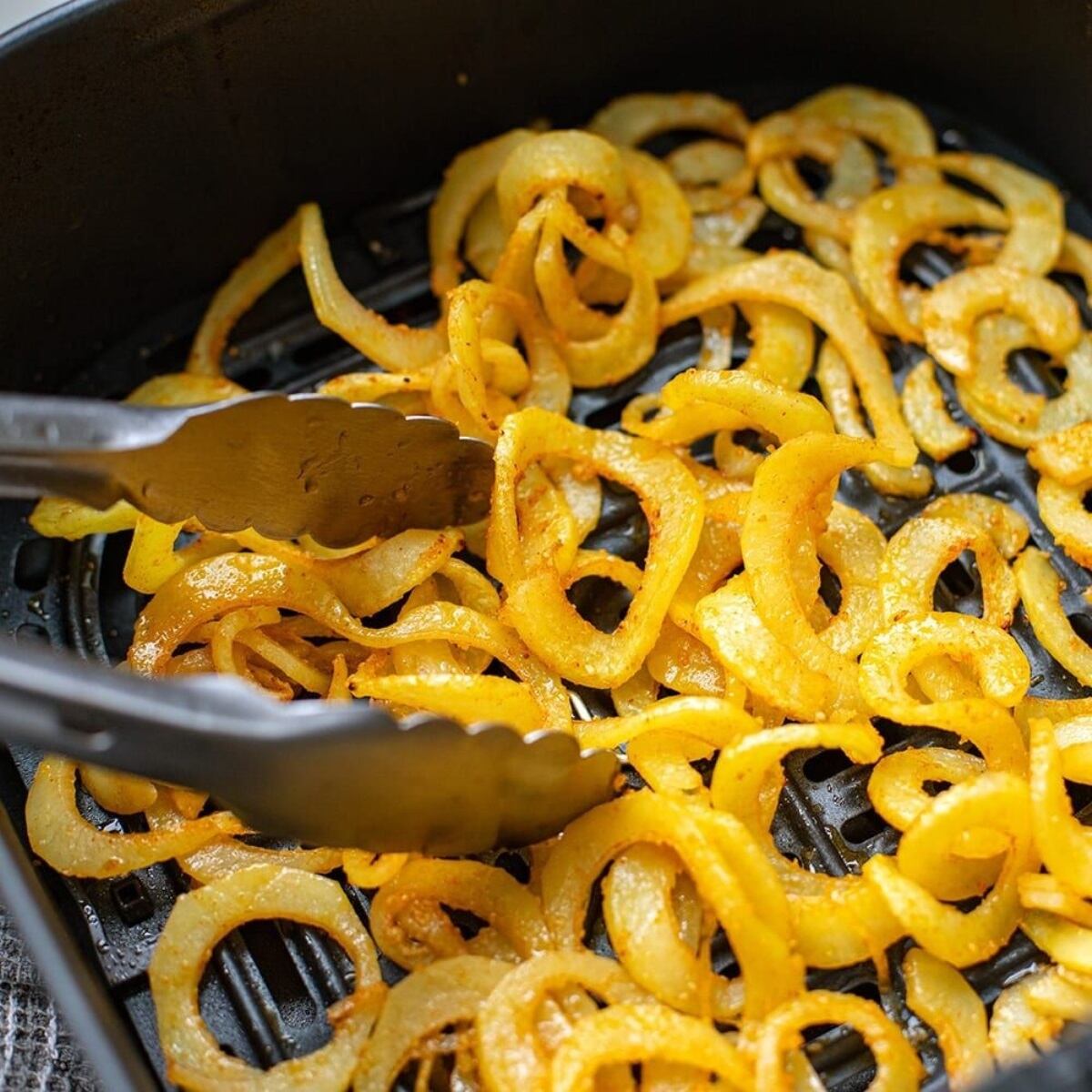
Now that we understand how each appliance works, let's compare air fryers and deep fryers across several key factors to see how they stack up:
Health Considerations
When it comes to health, air fryers have a clear advantage. They require significantly less oil than deep fryers, which can reduce the calorie and fat content of your food. For example, air frying can reduce fat content by 70-80% compared to traditional deep frying.
Deep fryers, while producing delicious results, often lead to higher-calorie meals due to oil absorption. Deep-fried foods can absorb up to 50% more fat than those cooked in an air fryer.
Taste and Texture
While air fryers can produce crispy results, many food enthusiasts argue that the taste and texture of foods that you deep fry are hard to beat. Deep frying creates that classic, indulgent flavor and satisfying crunch that many people crave.
Air fryers can come close to replicating that deep-fried taste and texture, especially for foods like french fries and chicken wings. While it might not be an exact match, many people find the results more than satisfactory, especially considering the health benefits.
Versatility
Air fryers win when it comes to versatility. These appliances can do much more than just fry food. You can use them to bake, roast, grill, and even reheat leftovers.
Some models, like the T-Fal ActiFry Genius+ Air Fryer, even come with multiple cooking functions and preset programs for added convenience. Air fryers with air fry capabilities provide additional cooking functions and make meal preparation easier.
Deep fryers, while excellent at what they do, are generally limited to one cooking method: deep frying. They’re great for classic fried foods but lack the versatility to handle a wider range of cooking tasks.
Ease of Use and Cleaning
Both air fryers and deep fryers are relatively easy to use, but air fryers often have the upper hand in convenience and cleanup. Air fryers typically have dishwasher-safe parts and require minimal oil, making cleanup a breeze. Many models, like the Ninja Air Fryer AF100UK, come with non-stick baskets for easy food release and cleaning.
Deep fryers, while simple to operate, can be messier to clean. Dealing with large amounts of hot oil can be tricky, and proper oil disposal is an important consideration. However, some models, like the Progress EK2969P Compact Deep Fat Fryer, are designed for easier storage and cleaning.
Also read: Air Crisper vs Air Fryer: Which Cooks Better?
Cost Comparison
When it comes to initial cost, deep fryers are often less expensive than air fryers. You can find basic deep fryers like the Presto Fry Daddy 4-Cup Electric Deep Fryer for as low as $38.39, while air fryers like the COSORI Air Fryer 5 Qt typically start around $70-$100.
However, it's important to consider long-term costs as well. Deep fryers require a significant amount of oil, which needs to be replaced regularly. This ongoing cost can add up over time. Air fryers, on the other hand, use minimal oil, potentially saving you money in the long run.
Also read: Cosori vs Cuisinart Air Fryer: Which Tops Your Kitchen?
Best Foods for Each Appliance
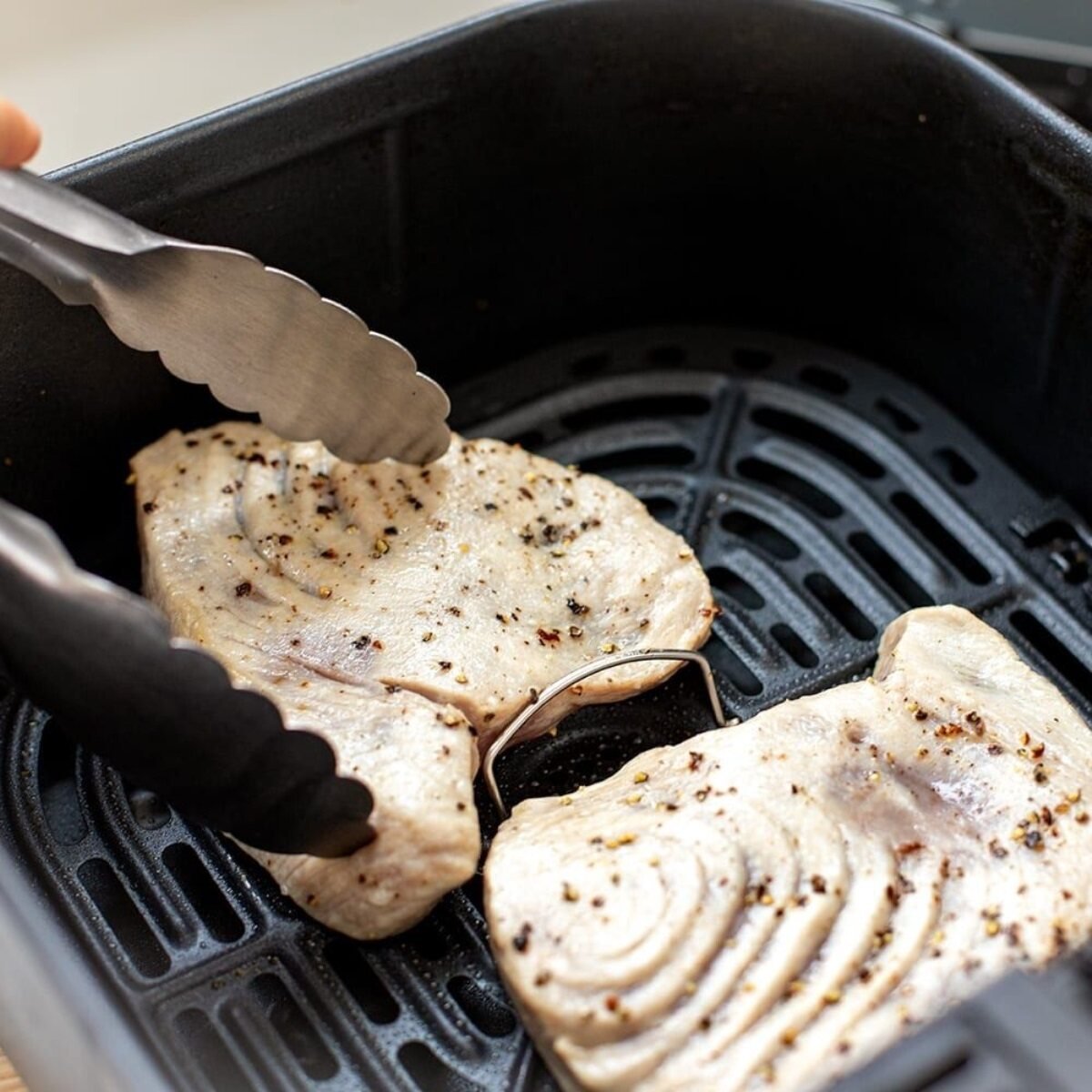
Both air fryers and deep fryers excel at cooking certain types of food. Let's look at which foods work best in each appliance.
Best Foods for Air Fryers
Air fryers are great for:
- Frozen foods like french fries, chicken nuggets, and fish sticks.
- Fresh-cut vegetables like zucchini, carrots, and Brussels sprouts.
- Chicken wings and drumsticks.
- Homemade potato chips.
- Roasted nuts.
- Reheating leftovers like pizza or fried chicken.
Best Foods for Deep Fryers
Deep fryers excel at:
- Battered foods like tempura or beer-battered fish.
- Classic french fries.
- Onion rings.
- Donuts and other fried pastries.
- Fried chicken.
- Corn dogs.
Health Impact: Air Fryer vs Deep Fryer
The health impact of air frying versus deep frying is one of the most significant factors in this comparison. Let's break it down:
Calorie and Fat Content
Air fryers can significantly reduce the calorie and fat content of your food compared to deep frying. For example, a serving of air fryer fries contains about 70-80% less fat than its deep-fried counterpart.
Acrylamide Formation
Acrylamide is a potentially harmful compound that forms when certain foods are cooked at high temperatures. Studies have shown that air frying can reduce acrylamide formation by up to 90% compared to deep frying, making it a healthier cooking method in this regard.
Related: How Do I Prevent Acrylamide in My Air Fryer: Key Tips
Oil Quality
Deep frying involves heating large amounts of oil to high temperatures repeatedly. This can lead to harmful compounds forming in the oil, especially if it's reused multiple times. Air frying avoids this issue by using minimal oil.
Environmental Considerations
When choosing between an air fryer and a deep fryer, it's worth considering the environmental impact.
Energy Efficiency
Air fryers are generally more energy-efficient than deep fryers. They heat up quickly and cook food faster, leading to energy savings over time.
Related: How Many Watts Does an Air Fryer Use? Energy Facts Revealed
Oil Disposal
Deep fryers require proper oil disposal, which can be challenging and potentially harmful to the environment if not done correctly. Air fryers, with their minimal oil usage, don't present this issue.
Also read: Is Air Fryer Healthier than Oven: Deep Dive and FAQ
Making Your Choice: Air Fryer or Deep Fryer?
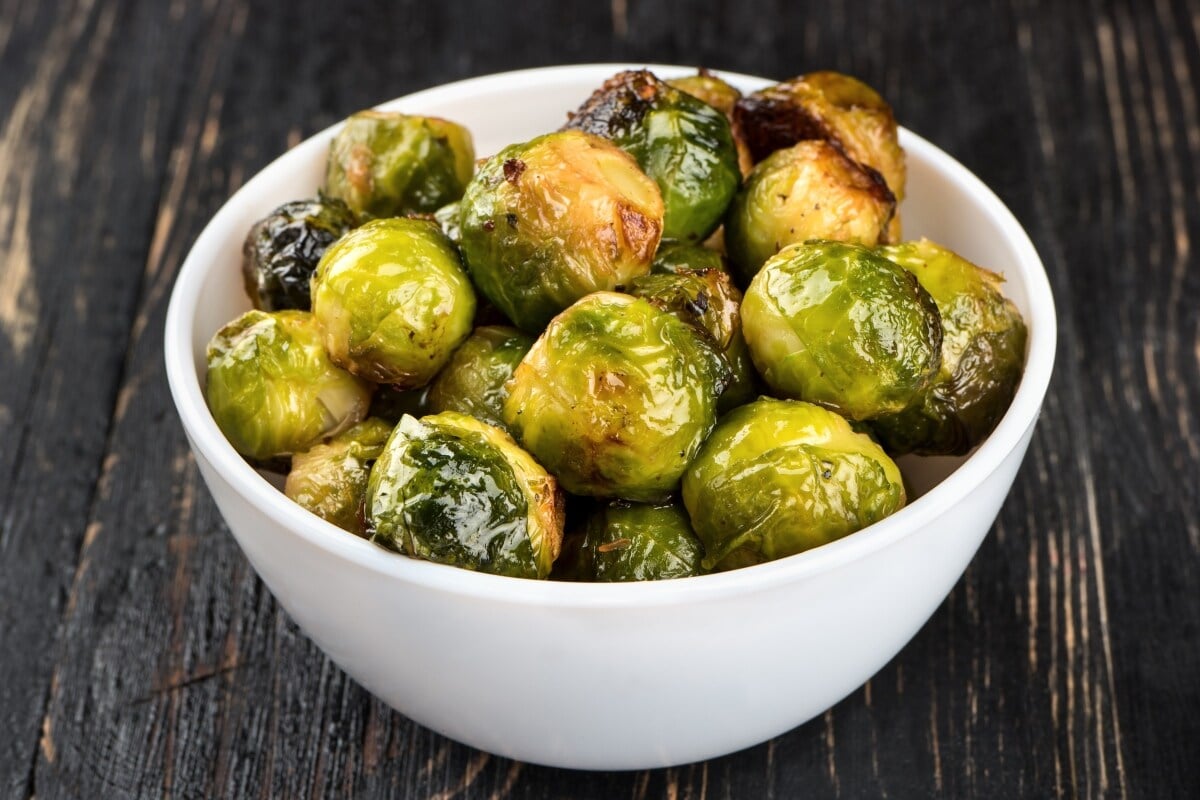
Choosing between an air fryer and a deep fryer ultimately comes down to your personal preferences, cooking habits, and health goals. Here's a quick guide to help you decide:
Choose an air fryer if:
- You're health-conscious and want to reduce your oil intake.
- You value versatility in your kitchen appliances.
- You prefer easy cleanup and maintenance.
- You're looking for a more energy-efficient option.
- You want to experiment with healthier versions of fried foods.
Choose a deep fryer if:
- You prioritize authentic fried food taste and texture.
- You frequently cook foods with a wet batter.
- You're comfortable handling and disposing of large amounts of oil.
- You're looking for a less expensive initial investment.
- You're willing to use the appliance sparingly as part of a balanced diet.
FAQs
Air fryers use little or no oil, which reduces excess oil and calories in food, whereas deep fryers require submerging food in hot oil.
No, an air fryer basket is designed specifically for air fryers and is not compatible with deep fryers, which use a different cooking method.
Yes, air fried food is less greasy because it uses less oil, which helps reduce the overall fat content compared to the more oil-heavy deep fried food.
Conclusion
The air fryer vs deep fryer debate isn't just about crispy fries and crunchy chicken wings – it's about balancing taste, health, convenience, and cooking versatility. While deep fryers offer that classic, indulgent fried food experience, air fryers provide a healthier alternative that doesn't sacrifice too much on flavor.
Ultimately, the choice between an air fryer and a deep fryer depends on your personal preferences, cooking habits, and health goals. Whichever you choose, both appliances can be valuable additions to your kitchen, helping you create delicious meals that satisfy your cravings.





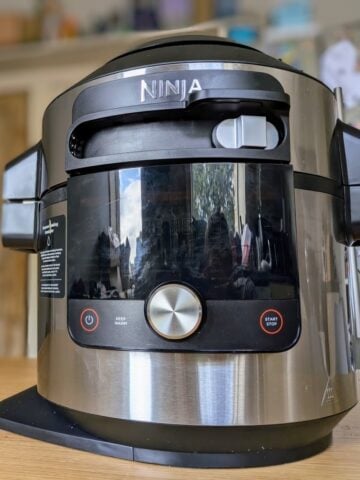
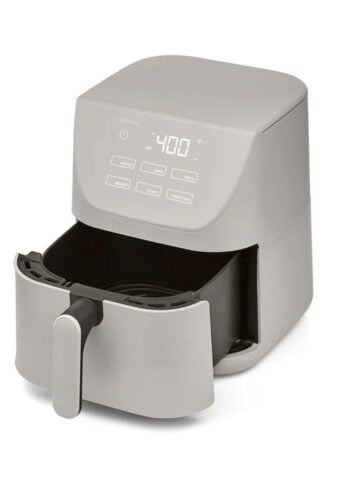
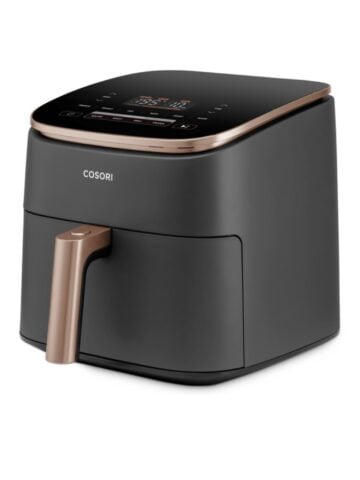
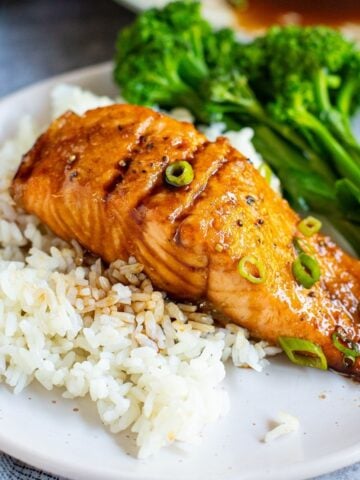
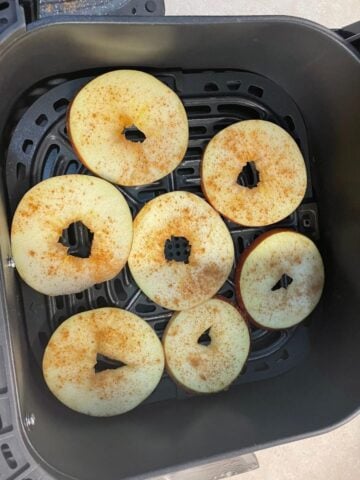
Leave a Reply